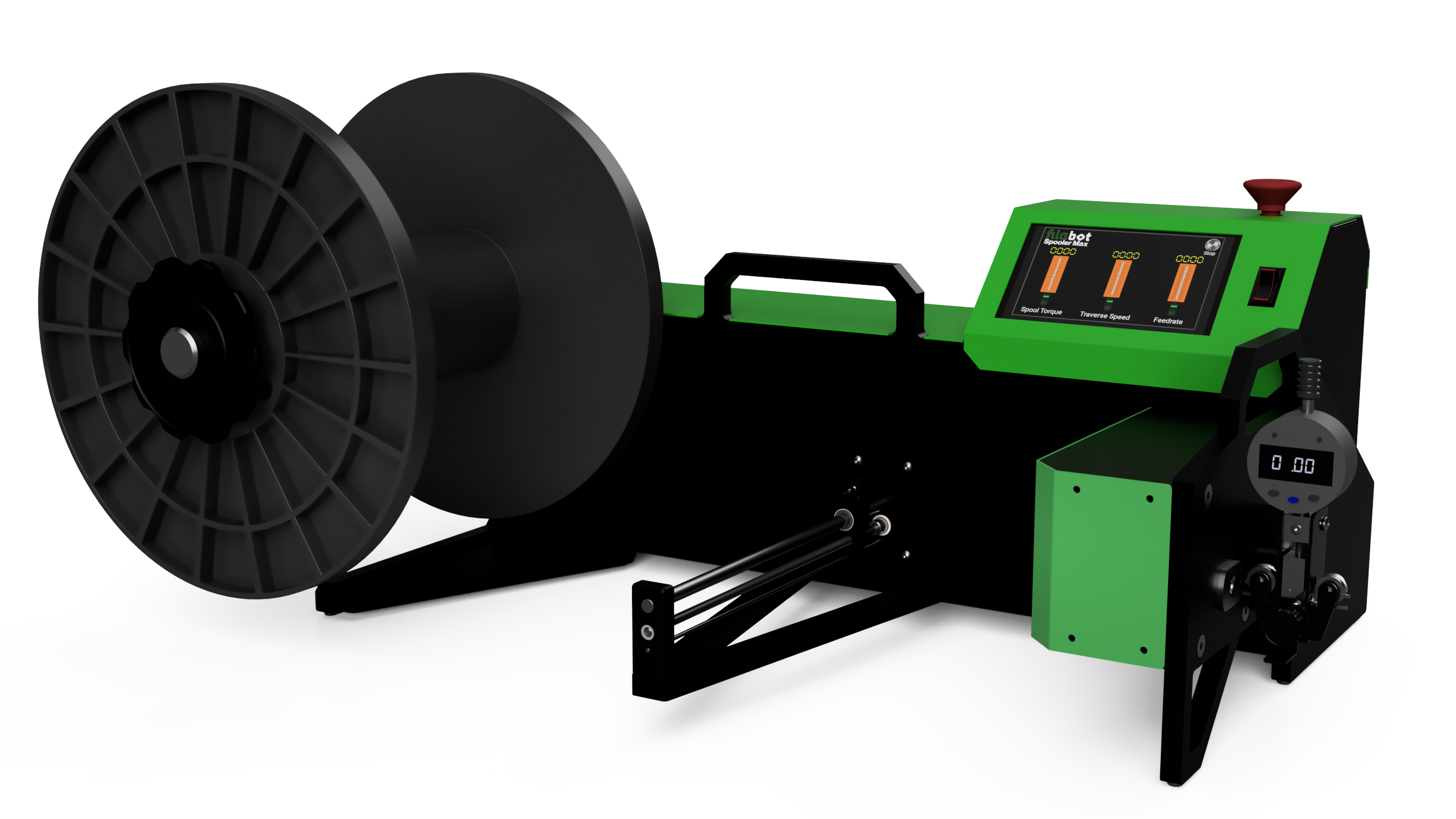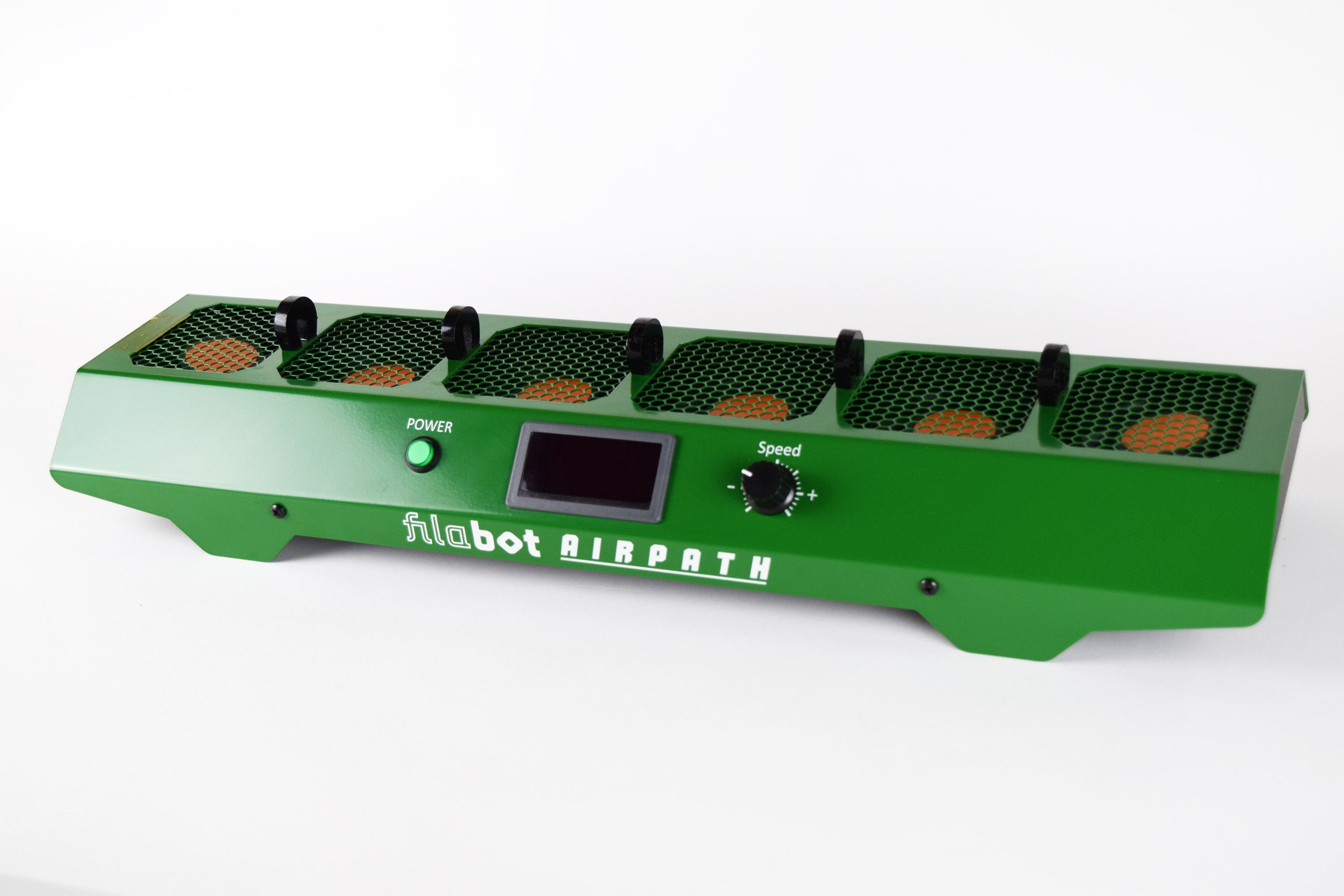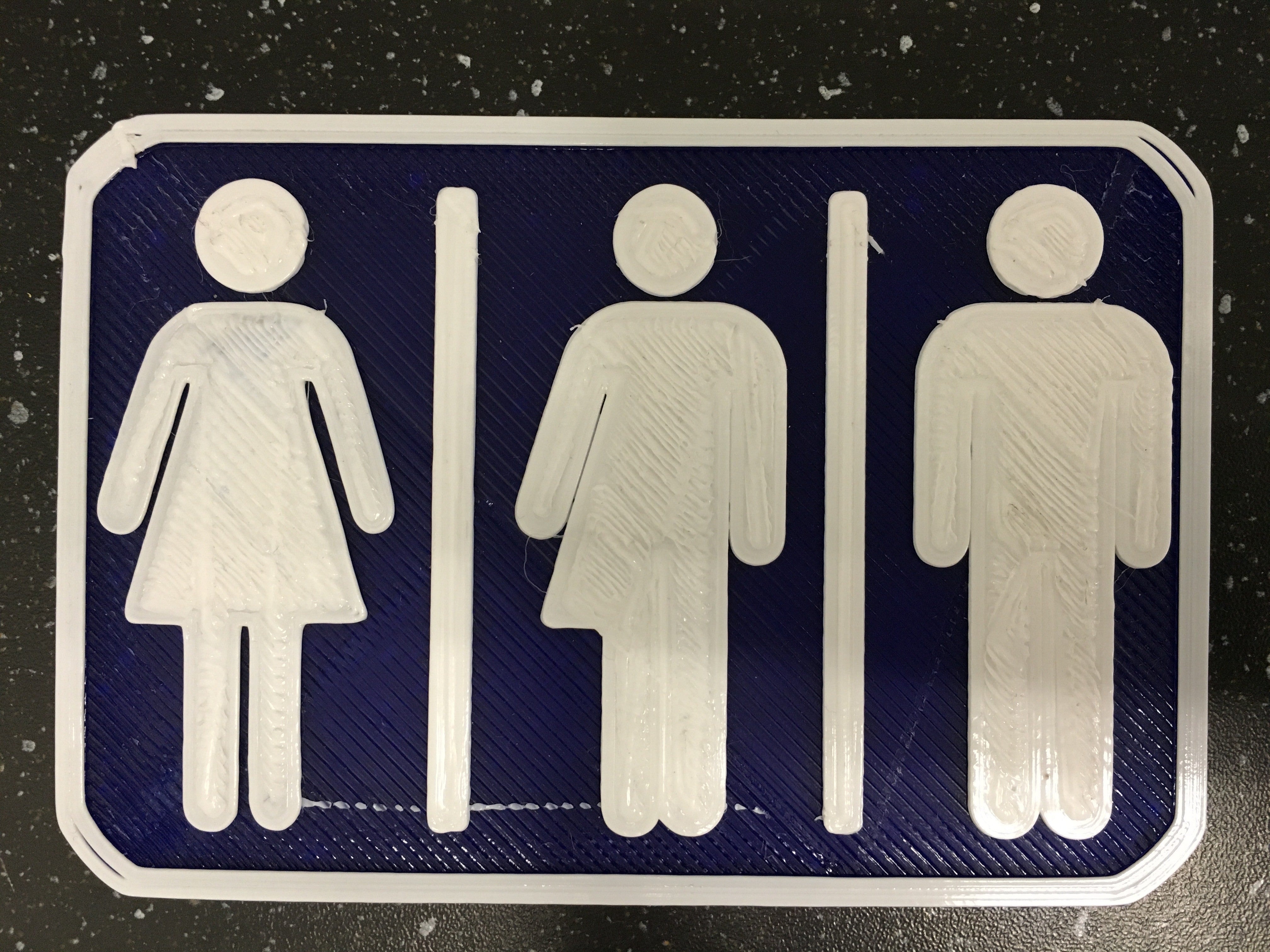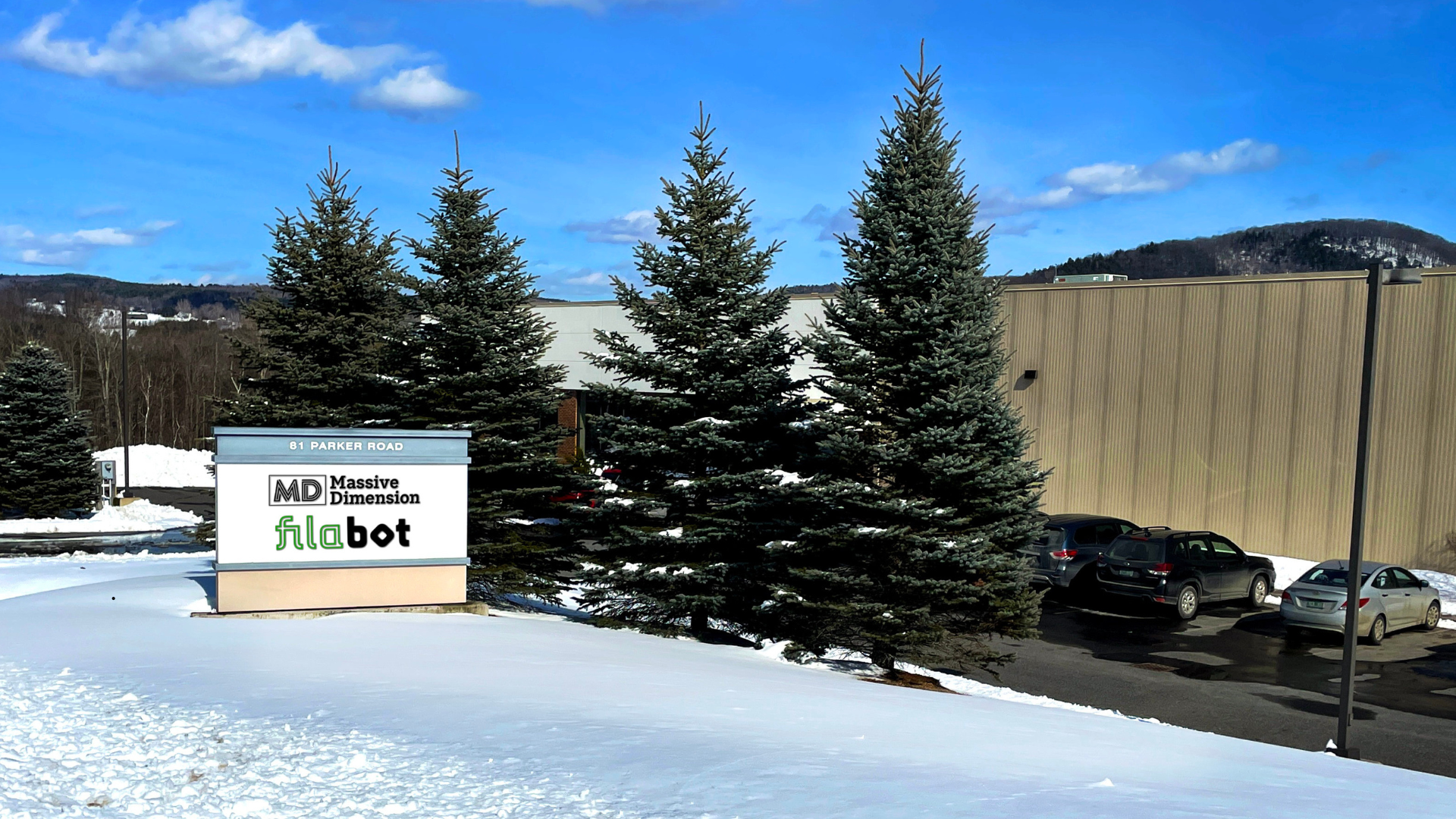Don’t get us wrong, we love what the Filabot can do. Recycling plastic in a meaningful way has been something inventor Tyler McNaney has dreamed about for quite some time. And while the Filabot fills a niche in the 3D printing industry, Tyler and I were talking recently and we both agree: plastic is a problem. We don’t like plastic. We’d be fine if it didn’t exist. But it does.
Plastic is a problem for a lot of different reasons. It perpetuates a consumer based, disposable culture where “more” seems to always be an unthinking goal. And in turn, our gross and drastic waste problem threatens the ecological stability of the oceans we depend on. In the words of Captain Paul Watson, “If the oceans die, we die.”
Yeah, I know, way to raise the stakes. But it’s true. The state of the ocean is not a good one. The more plastics and microplastics that enter ocean life, the more ecological, and in turn human, systems are undermined with dire and often unforeseen consequences.

We’ve compiled a short list of innovations, organizations and a few ideas to get you thinking about what’s possible when it comes to reducing plastic waste. The key is intentionality. What do you intend to do, buy, and throw away? In an age of increasing ecological instability, rising carbon emissions and seas levels, we all need to confront our own practices as well as question the larger systems of consumption and waste, locally and globally, that we participate in every single day.
1. Stop using plastic.
Pretty basic, pretty simple, sounds kind of counter intuitive coming from us. But what we want you to do is make conscious choices about the amount of plastic you use and throw away. Because that “away” likely has a dark side. Buy a travel mug to use instead of the countless coffee lids used with disposable cups. Don’t buy sandwich bags for school lunches, bring your canvas bags to the supermarket. And what you can’t avoid using for plastic? Extrude into filament, print into something useful! We all need to be taking steps. The Filabot is not an excuse to overlook reducing personal plastic consumption and waste. We all need to be making conscious decisions about the world around us and the world we want to leave behind.
2. Buy Beer.
Okay, that’s a little misleading. We’ve all seen the plastic six pack rings around a dolphin’s snout or a turtle’s shell. It’s not a pretty sight. It’s wrong. But Saltwater Brewery, a craft brewery from FL, has come up with biodegradable six-pack rings. The initial 500 were 3D printed which is neat but not the point. The project uses leftover compostable materials from the brewing process like wheat and barley and transforms them into a new, innovative substitute for a serious problem. Of course, aluminum cans are another issue and there is a considerable debate surrounding a full switch to glass bottles which could reduce waste even more. Regardless, this is the type of creativity that we need, this type of experimentation is essential in order to push the boundaries of what is possible. Plus, we like beer.
3. Parley!
Made famous by Captain Jack Sparrow from Pirates, the word does actually mean talk, discuss, intervene in a communicative way. That’s precisely what Parley for the Oceans is all about. It's an organization that is creating space and dialogue for thinkers, makers and doers to collaborate on projects that help save the ocean. As stated on their website, Parley’s mission is straightforward: Plastic is a design failure. We can only end the problem with a new material. In the meantime we save marine wildlife by cleaning up shorelines and oceans and cut into the production of new, virgin plastic though closed-loop recycling systems. Needless to say, we like Parley. They’ve got a pretty simple strategy when it comes to plastics in everyday life: Avoid, Intercept, Redesign which fits nicely into the acronym A.I.R. Again, we like Parley.

4. Seabin Project
We’re suckers for crowdfunded projects. It’s how Filabot was formed and grew. Likewise, the Seabin Project is a crowdfunded innovation that addresses near-shore plastic problems by collecting waste in floating bins. According to their site the device “is a floating debris interception device designed to be installed in the water of marinas, yacht clubs, ports and any water body with a calm environment and services available.” It’s a floating debris catcher, and it works. The Seabin is estimated to collect 1.5kg of plastic and ocean waste per day, which helps prevent plastics from washing ashore and maintains a cleaner and safer environment for ocean and terrestrial life.
5. Stop using plastic.
Sure, it’s a repeat. But it is so important. Each of us can take small steps, make conscious decisions and take deliberate actions to reduce our own contributions to plastic waste. Bring your canvas bags to the supermarket. Swear off plastic water bottles. Use glass containers for bulk foods. Get creative. If you have a Filabot, print lasting containers. Develop new strategies, talk with your families. Be more aware of your own impact.
We’re not kidding here. Plastic is a problem. It’s a huge mess that’s going to take new mind-sets, creativity, and passion in order to solve a huge part of our environmental reality of a vastly changing planet. Here at Filabot we’re helping in our own small ways, and we’re pushing a more environmentally focused agenda because the Earth is the only home we’ve got.
Good vibes from VT,
The Filabot Team





